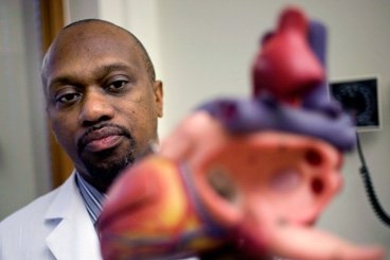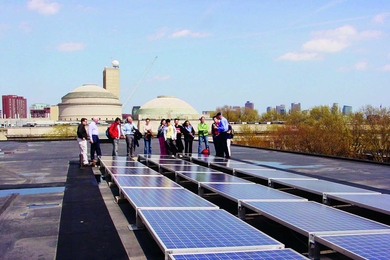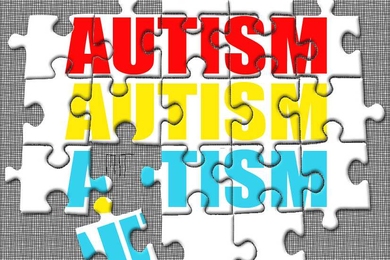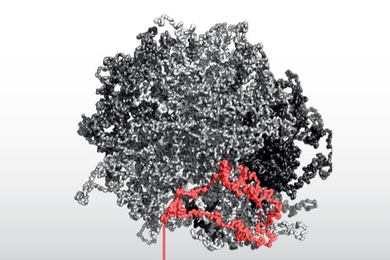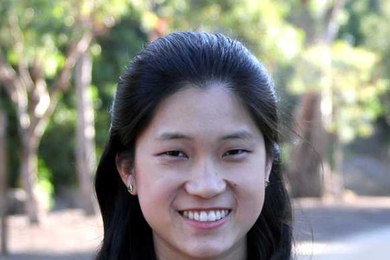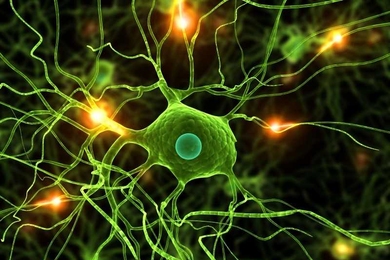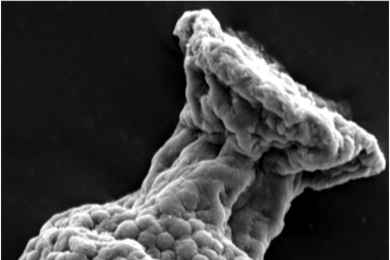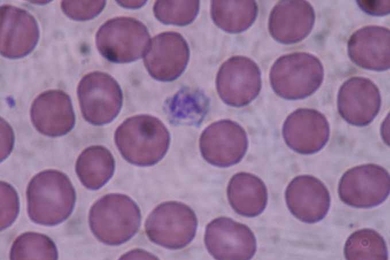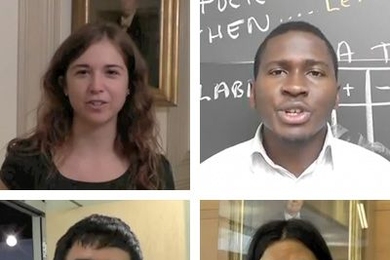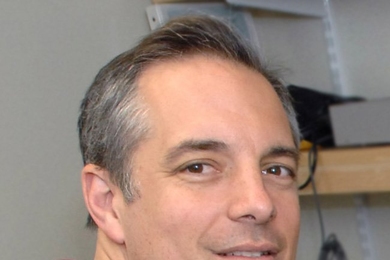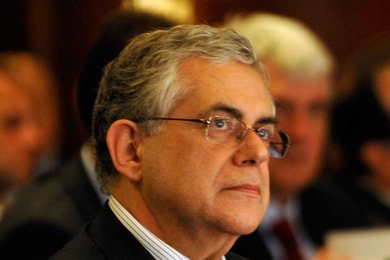A novel way to concentrate sun’s heat
MIT researchers find a way to generate power without the usual mirror arrays.
Double duty
A computational biologist and physician, Collin Stultz takes a unique approach to studying diseases that could lead to new treatments.
Student project identifies improvements for campus PVs
Class works with Facilities to analyze existing conditions.
Rebuilding American manufacturing
White House working group convenes at MIT to examine how new technologies can create economic growth and more jobs in the United States.
A new piece to the autism puzzle
Neuroscientists find that two rare autism-related disorders are caused by opposing malfunctions in the brain.
Seeing cancer in three dimensions
Scientists find that the 3-D structure of a cancer cell’s chromosomes plays a big role in which genes get deleted or copied.
MIT senior Stephanie Lin wins Rhodes Scholarship
Student in biology, applied international studies will study at Oxford next year.
Timeline of a mass extinction
New evidence points to rapid collapse of Earth’s species 252 million years ago.
Unraveling how a mutation can lead to psychiatric illness
MIT neuroscientists show that a gene linked with schizophrenia and bipolar disorder impairs early brain development.
Uncovering a key player in metastasis
MIT cancer biologists determine how platelets in the bloodstream help cancer cells form new tumors.
MIT Science Policy Initiative petition urges Congress to fund research
Student group’s ‘Stand with Science’ effort targets policymakers, graduate students
Edelman receives Katz Prize in Cardiovascular Research
Prize honors physician scientists and recognizes outstanding lifetime achievement

